Knowing that King Tu Duc's health was getting worse, in a letter sent to the Governor General of Cochinchina on December 10, 1882, Resident General Rheinart wrote: "There is one point that needs to be noted, that is, after King Tu Duc's death, we (the French side) must be the ones to carry out the king's will. This event will be extremely important to us (France), but it will be very difficult for us to play the role of the will's executors. We must take away the right to carry out the will from the hands of the mandarins (of the Hue court)."
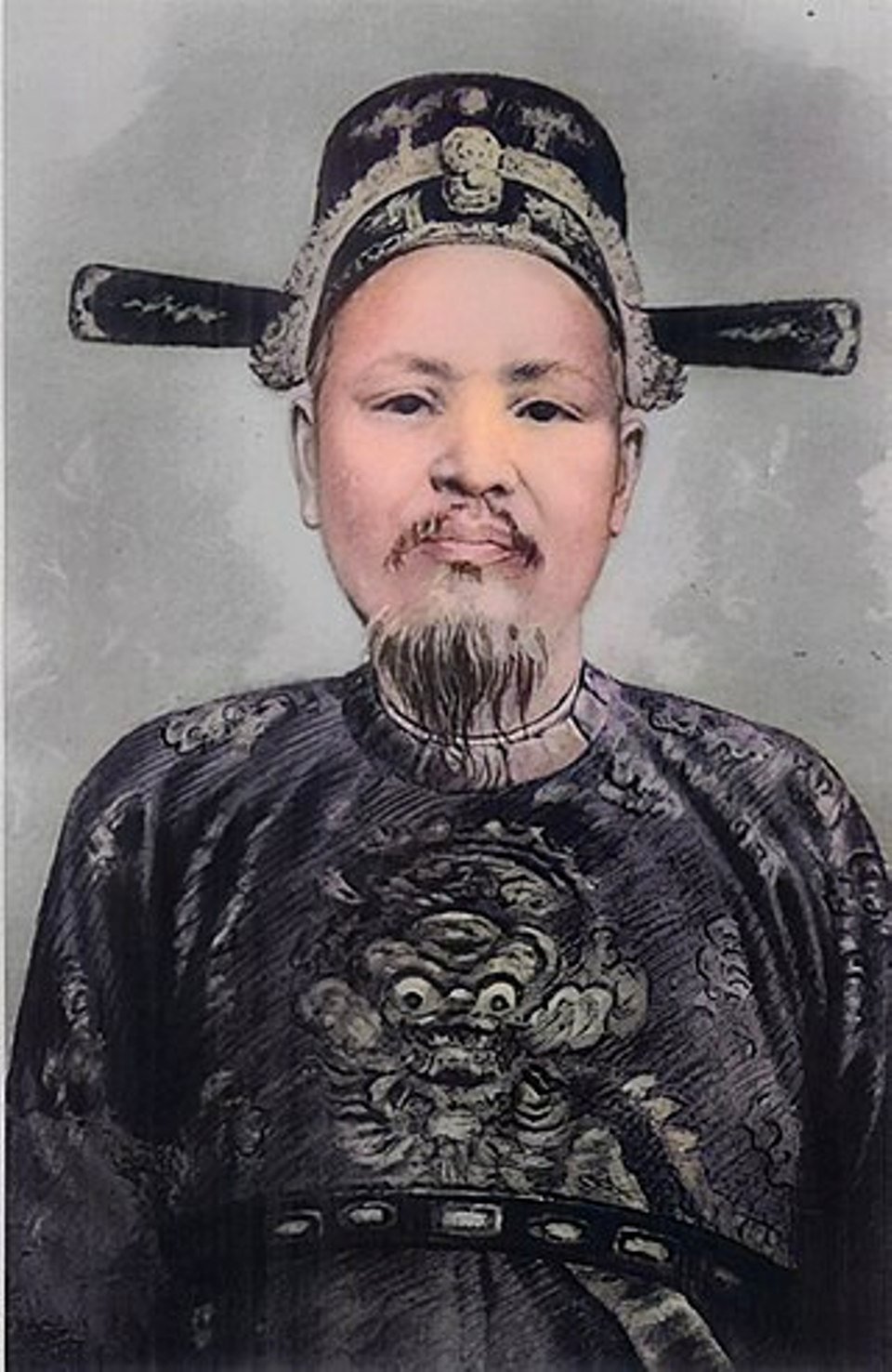
Regent Ton That Thuyet
According to the work The Treasure of Hue Citadel after the Fall of the Capital by Francois Thierry (translated and written by Le Duc Quang, published by Thai Ha Books and Hanoi Publishing House): "Commander Rivière arrived in Hanoi on April 2, 1882. The French campaign caused great insecurity for the Hue court, in addition, King Tu Duc's health had been serious for many months. Minister Nguyen Van Tuong immediately suggested many possibilities to appease the French, especially he proposed the disarmament of Hanoi citadel. In fact, while Rheinart was negotiating with Nguyen Van Tuong, the Vietnamese forces were reinforcing the defensive fortifications, which were considered extremely large, at Thuan An port."
The worrying thing is that while everything is "boiling oil and fire", the king is seriously ill. There is no final decision on who will succeed him. "For the past three months, the king of An Nam has been suffering from edema all over his body and is bedridden. On July 17, the king summoned three ministers of the cabinet. Mr. Tran Tien Thanh, Mr. Nguyen Van Tuong and Mr. Ton That Thuyet to announce the king's will regarding his successor," the cited book wrote.
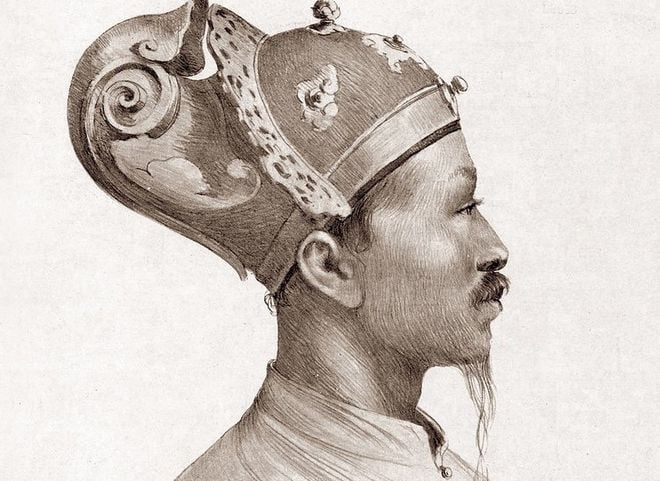
King Tu Duc
Why did King Tu Duc choose Prince Ung Chan instead of thinking of Ung Dang?
According to author Francois Thierry: "At first, the king thought that Ung Dang, a nephew and adopted son of the king, would be able to take over the royal power, but then he found that this person was too young to hold the royal power, in a difficult situation with the events that were taking place in July 1883. The king had to turn to appoint a successor who would be one of his other adopted nephews, Prince Nguyen Phuc Ung Chan, whose other name according to his private residence was Duc Duc. This latter character was not the right person at the right time, because he had an easygoing lifestyle with many casual attitudes and behaviors... But Duc Duc had the advantage of being 34 years old, and the royal power needed a mature king."
Finally, before his death, King Tu Duc had already made arrangements for his successor, Duc Duc. King Duc Duc also received spiritual support from Queen Mother Tu Du - King Tu Duc's mother and First Queen Trang Y, to avoid unpredictable dangers during an uncertain transition period. Therefore, the king also assigned regents such as Tran Tien Thanh, Nguyen Van Tuong and Ton That Thuyet, along with Prince Tho Xuan and Prince Tuy Ly, to become supervisors of the Royal Council.
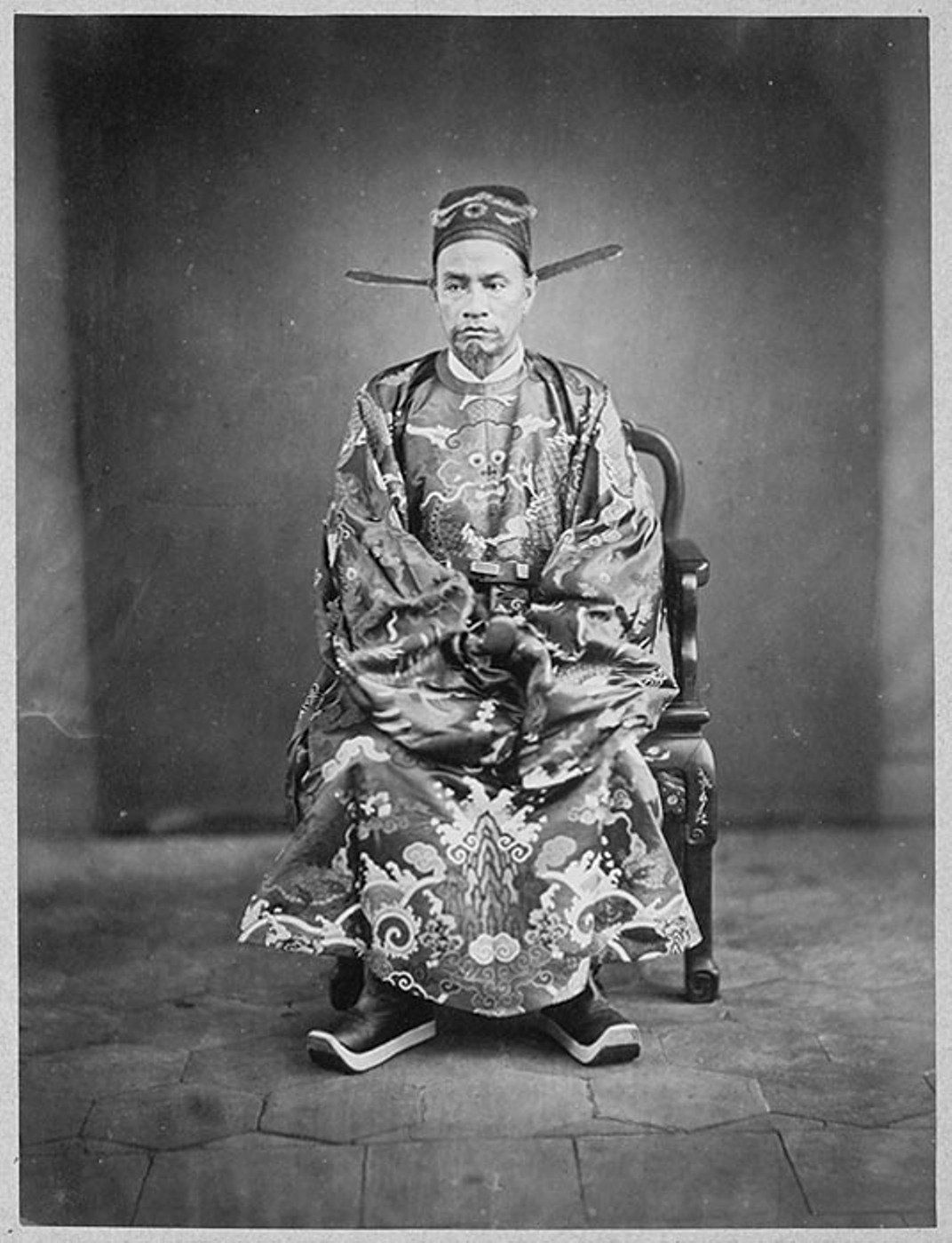
Deputy Prime Minister Nguyen Van Tuong
In the will to pass the throne, the king worriedly wrote: “Ung Chan has an eye defect, so his behavior is shady. I fear that he will lack clarity in the future. His lustful nature is also not good, and he is not sure that he can take on great tasks. Having an old king is a good thing for the country. If he leaves, what will happen?” ( Nguyen Phuc family genealogy , 1995, p. 371).
Also according to the book Treasures of Hue Citadel after the fall of the capital by Francois Thierry, at this time King Tu Duc gave Mr. Hoang Ta Viem full command of the military in the North, promoted him to the position of President of the Northern Military Affairs. On July 19, 1883, King Tu Duc passed away, ending the painful days of fighting with illness and also worrying about his successor.
Source link
























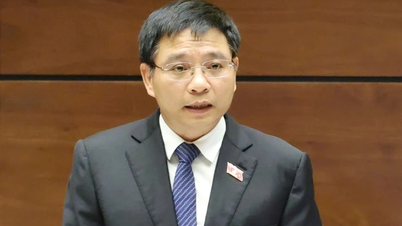



![[Photo] General Secretary To Lam and National Assembly Chairman Tran Thanh Man attend the 80th Anniversary of the Traditional Day of the Vietnamese Inspection Sector](https://vphoto.vietnam.vn/thumb/1200x675/vietnam/resource/IMAGE/2025/11/17/1763356362984_a2-bnd-7940-3561-jpg.webp)










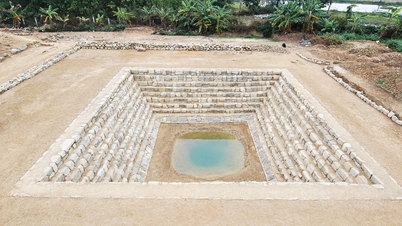































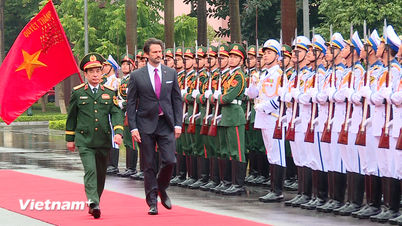


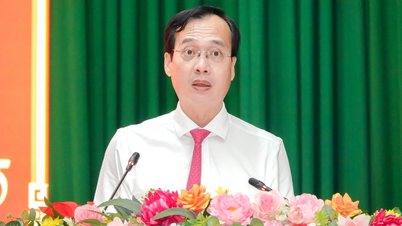

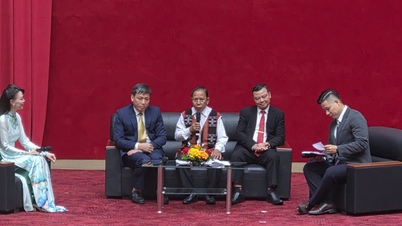


























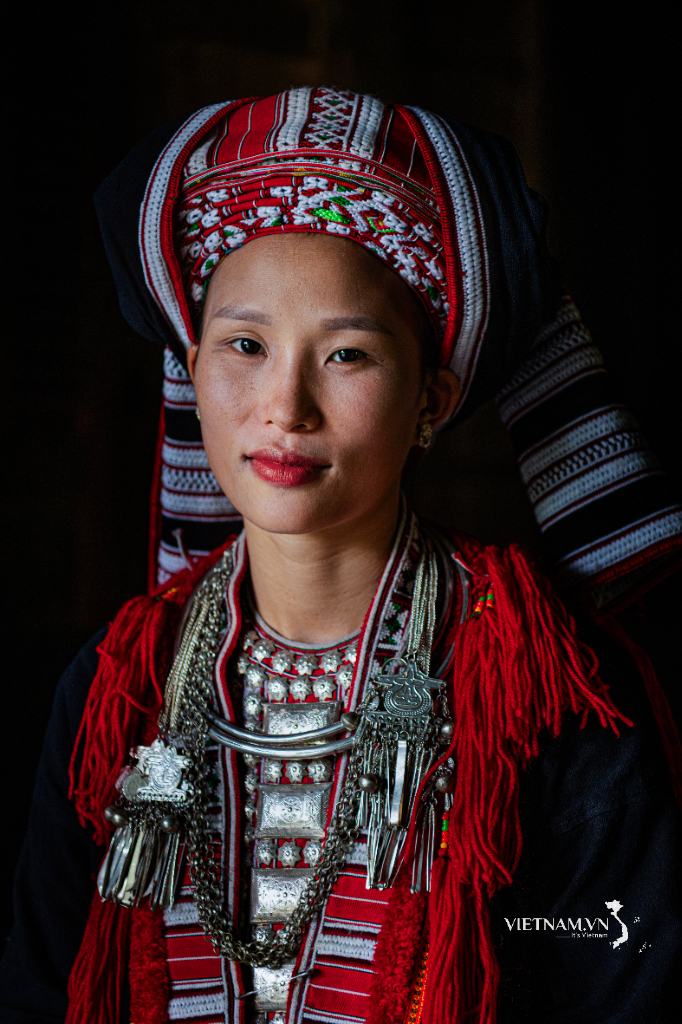


Comment (0)